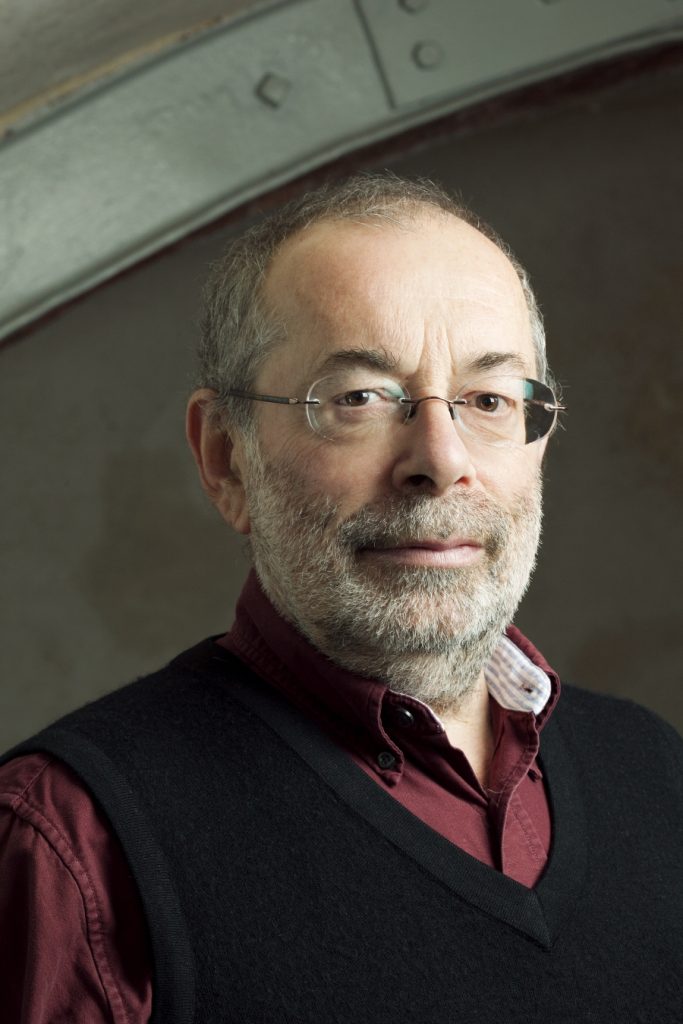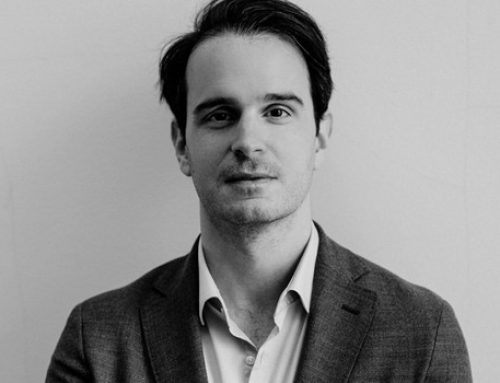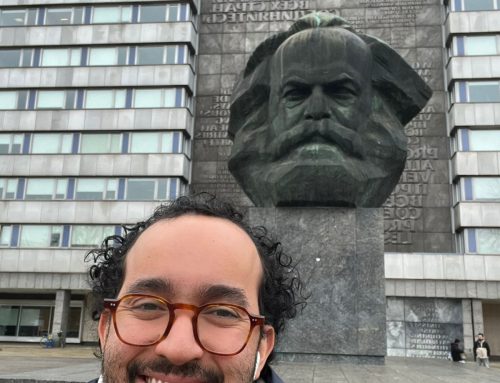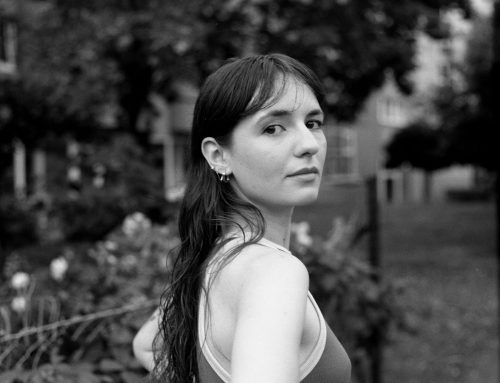On Thursday, May 18th at 12 PM (CET), we are hosting the CAS SEE Seminar with Paul Dumouchel on Violence and accusation, in conversation with our Fellow Andreas Wilmes.

Paul Dumouchel
Until recently professor at the Graduate School of Core Ethics and Frontier Sciences, Ritsumeikan University, Kyoto, Japan, where he thought political philosophy and philosophy of science.
Author of Emotions (Seuil, 1999), The Ambivalence of Scarcity and Other Essays (2014), and The Barren Sacrifice (2015) both at Michigan State University Press. With Reiko Gotoh he edited Against Injustice: The New Economics of Amartya Sen (Cambridge University Press, 2009) and Social Bonds as Freedom (Berghahn Books, 2015).
His most recent book, with Luisa Damiano, is Vivre avec les robots (Seuil, 2016). The English translation-Living with Robots (Harvard University Press) came out in 2017 and the Italian and Korean translation in 2019. He is presently Associate Professor at the department of philosophy of the Université du Québec à Montréal, Canada.
About the Seminar
I want to reflect on the importance of accusations, especially, but not only, in collective violence.
It is common to insist on the role of dehumanization in genocides and other phenomena of mass violence. Dehumanization reduces others to the status of usually despised animals: cockroaches, pigs, snakes, earthworms or even that of objects, dust. This abusive and degrading language is viewed as a factor that leads to subsequent violence. Accusation, to the opposite, as argues Tricaud (1972), is a form of ethical or moral aggression, a completely different type of speech act. One which, instead of describing the other as less than human, constitutes the victim as in some way responsible she suffers.
Rather than dehumanizing, accusations to some extent humanize the victim and there, in the agency of the victim, accusers find the reason and justification of their violence.
Join Zoom Meeting
https://us02web.zoom.us/j/88989643663?pwd=VnZTOWRmdnl0WEZIdTczc1paZWtkdz09
Meeting ID: 889 8964 3663
Passcode: 328897
Fellowships
Fellowships are enabled by the ERSTE Foundation and Rockefeller Brothers Fund in the framework of supporting brain circulation for democratic development in Southeast Europe.
UNIRI The Moise Palace: Cres Island
An education center of the University of Rijeka. A five-hundred-year-old patrician townhouse and the largest Renaissance palace on the Croatian islands. A venue and forum for various scientific and research activities, it welcomes visiting academics, students and scholars.




